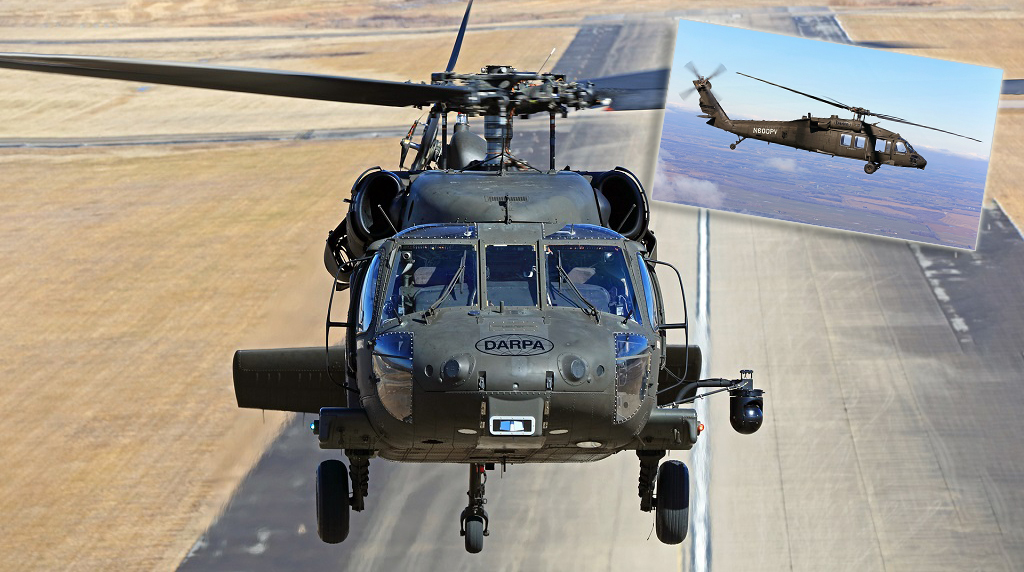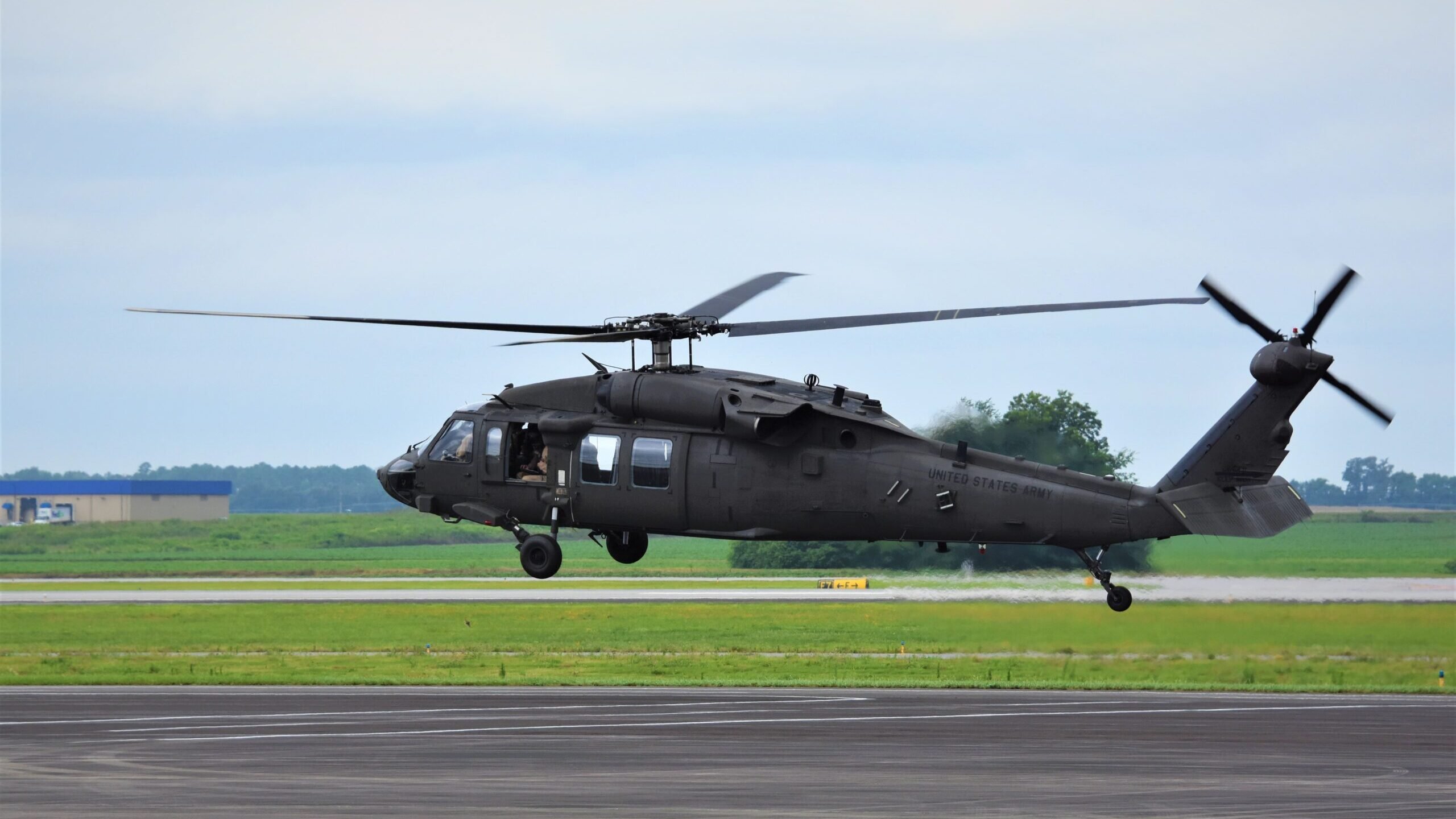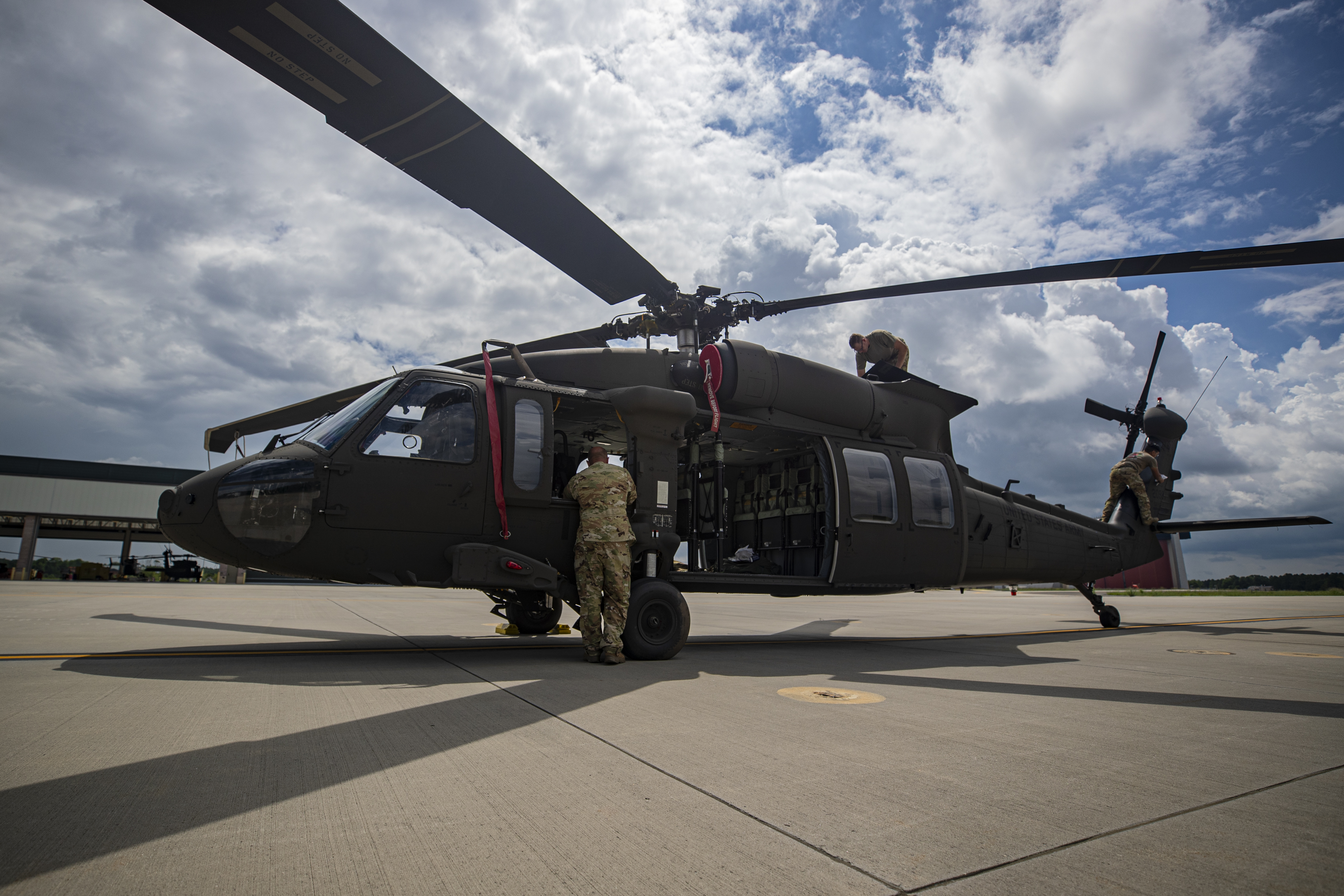UH 60 Black Hawk: Secret Attributes and Developments
UH 60 Black Hawk: Secret Attributes and Developments
Blog Article
The Influence of Sustainable Practices on the Future of Airplane Procedures and Emissions Reduction
As the aeronautics sector faces enhancing analysis over its ecological impact, the fostering of lasting practices becomes an essential path towards future airplane operations and exhausts decrease. Advancements in sustainable air travel fuels and advancements in crossbreed propulsion innovations stand at the forefront of this change, promising considerable reductions in greenhouse gas discharges. However, the effective assimilation of these initiatives depends upon a selection of elements, consisting of regulative structures and market collaboration. The inquiry continues to be: exactly how will these advancing techniques improve the dynamics of air travel and add to an extra sustainable future?

Introduction of Sustainable Practices
Sustainable practices in airplane procedures include a variety of techniques targeted at decreasing environmental impact while preserving operational effectiveness. These methods are necessary in the aeronautics market's commitment to lessening its carbon footprint and adhering to global ecological standards. Key efforts consist of enhancing flight courses to minimize gas consumption, enhancing upkeep methods to ensure aircraft operate at peak effectiveness, and applying innovative technologies such as winglets and light-weight products that improve aerodynamics.

Involving and training staff on sustainability methods additionally play a vital function, cultivating a culture of ecological duty within companies. Overall, the combination of these sustainable practices not just helps in reducing exhausts however likewise boosts the long-term feasibility of the air travel sector, guaranteeing it fulfills the demands of both customers and governing bodies while contributing to international sustainability objectives.
Ingenious Fuel Alternatives
Various ingenious fuel alternatives are becoming pivotal options to lower the air travel sector's dependence on standard fossil fuels. Amongst these alternatives, Sustainable Air travel Gas (SAFs) have gotten substantial interest as a result of their possible to lower lifecycle greenhouse gas exhausts by as much as 80% contrasted to conventional jet gas. SAFs are stemmed from different feedstocks, including waste oils, agricultural residues, and even algae, making them a flexible alternative for the market.
An additional encouraging choice is hydrogen gas, which, when made use of in fuel cells, produces just water vapor as a byproduct. In addition, electrical propulsion systems are being checked out, leveraging battery modern technology to power aircraft.
Lastly, biofuels stemmed from biomass are being investigated, supplying a renewable alternative that can be combined with standard fuels. Jointly, these ingenious gas choices represent a crucial step towards achieving a sustainable air travel community, aligning with international exhausts decrease targets and boosting the sector's ecological stewardship.
Technical Developments in Aviation

Just how can technical improvements improve the future of air travel? The integration of innovative technologies is crucial in changing airplane procedures, enhancing efficiency, and minimizing emissions. Developments such as electrical and hybrid propulsion systems are at the center, encouraging substantial decreases in gas consumption and greenhouse gas exhausts. These systems leverage developments in battery modern technology and energy management, enabling aircraft to operate with a lower ecological footprint.
Additionally, the link application of innovative materials, such as light-weight compounds, adds to enhanced aerodynamics and gas efficiency. Using artificial intelligence and artificial intelligence in flight operations maximizes course preparation and reduces gas melt by enabling real-time modifications based upon climate and web traffic conditions. In addition, the advancement of autonomous and from another location piloted aircraft systems stands to revolutionize cargo and guest transportation, possibly increasing performance while lessening human mistake.
In addition, sustainable aeronautics technologies, consisting of sophisticated air traffic management systems, can simplify procedures and minimize congestion, causing reduced exhausts throughout trip. These developments collectively stand for a paradigm change in aeronautics, promising a future where sustainability and operational performance are linked, consequently sustaining the market's commitment to minimizing its environmental effect.

Regulative Framework and Compliance
In light of the expanding focus on ecological stewardship within the aviation field, the regulative framework regulating aircraft procedures is developing to advertise lasting techniques. Regulative bodies, such as the International Civil Aviation Company (ICAO) and different nationwide aeronautics authorities, are presenting stringent guidelines aimed at minimizing emissions and enhancing functional performance.
These laws often consist of the fostering of Sustainable Air travel Fuel (SAF), which has actually been identified as an essential element in achieving reduced carbon impacts. Conformity with these guidelines needs airline companies to apply functional practices and advanced innovations, such as enhanced trip paths and improved air web traffic management, to minimize fuel consumption.
In addition, the enforcement of exhausts trading systems and carbon countering efforts is becoming increasingly common, engaging airlines to check and report their discharges properly. Non-compliance can cause significant charges, therefore pushing operators to focus on sustainability in their company designs.
Eventually, the advancing regulative landscape not only drives innovation and investment in green modern technologies yet also promotes a culture of responsibility within the aeronautics sector. As these go to this web-site frameworks remain to develop, the concentrate on lasting methods will certainly be essential to achieving the sector's lasting ecological goals.
Future Patterns in Aircraft Operations
As the aviation market adapts to a progressively rigid regulative environment, future trends in aircraft procedures are established to concentrate on ingenious options that further improve sustainability and performance - uh 60. Secret growths will likely consist of the fostering of innovative air traffic administration systems, which use real-time data and man-made intelligence to maximize trip courses, minimizing fuel consumption and exhausts
An additional significant fad is the boosted integration you can check here of sustainable aviation fuels (SAFs) These alternatives to traditional jet fuel, originated from eco-friendly sources, can considerably lower lifecycle greenhouse gas emissions. The industry's commitment to SAFs will likely increase as airlines team up with fuel manufacturers to make certain accessibility and cost-effectiveness.
Additionally, the push in the direction of electrification and crossbreed propulsion systems is gaining momentum. Arising aircraft designs will certainly include these innovations, providing quieter and much more effective procedures, especially for short-haul trips.
Final Thought
The fostering of sustainable air travel fuels, paired with improvements in electrical and hybrid propulsion systems, is crucial for lessening lifecycle greenhouse gas exhausts. Enhancing flight courses and accepting innovative technologies add to a quieter and extra environmentally friendly air travel sector.
Innovations in lasting air travel fuels and advancements in hybrid propulsion technologies stand at the center of this change, appealing considerable reductions in greenhouse gas exhausts.Various ingenious gas options are emerging as pivotal solutions to decrease the air travel industry's reliance on typical fossil gas - uh 60. Among these alternatives, Sustainable Air travel Fuels (SAFs) have actually obtained considerable interest due to their potential to reduce lifecycle greenhouse gas emissions by up to 80% contrasted to traditional jet gas.One more substantial pattern is the raised assimilation of lasting aviation gas (SAFs) The adoption of lasting aviation fuels, paired with improvements in hybrid and electrical propulsion systems, is vital for decreasing lifecycle greenhouse gas exhausts
Report this page